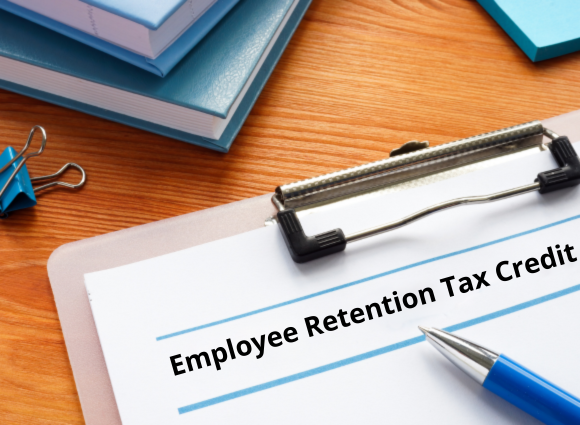
Now is the Time to Start Thinking About Unclaimed Property
While the reporting deadline for unclaimed property varies by state, many have a November 1 deadline. Nothing to worry about yet, right? Think again. You should be taking steps soon, but first, let’s take a step back for a quick refresher on unclaimed property….
What is Unclaimed Property?
Unclaimed property laws were created to protect owners who are vulnerable to the loss of their ‘property’ which can be intangible (uncashed paychecks, stocks) or tangible (the contents in a safe deposit box). You may have also heard similar terms like “escheat” or “abandoned property.” Typically, the ‘owner’ of the property has had it for at least a year.
Examples of unclaimed property can include payroll checks, abandoned property, annuities, insurance payments, security deposits, gift cards or certificates, uncashed dividends, balances on a customer account, refunds, rebates – basically items of value.
Think twice before assuming your organization doesn’t have to worry about this.
An employee quits and you can’t find her to send a final paycheck. One of your customers has a credit balance on their account and you can’t locate him to return it. You own a rental property and a vacated tenant doesn’t leave a forwarding address for you to return the rental deposit. Any of these common scenarios (and there are plenty more) lead to unclaimed property and it is your obligation to report it.
How and when must you report unclaimed property?
The challenging part of reporting is identifying these assets so you are in compliance with state regulations that vary from state to state. Also, the definition of a “dormancy period” (i.e., how long the property has been unclaimed) can be different.
If you do find unclaimed property, you are obligated to identify it (known as ‘due diligence’), notify or return the unclaimed property to the owner and, if you cannot locate the owner, you have to remit the unclaimed property item to the state (also known as “escheatment”). And there is no standard statute of limitations.
Even if you have sold your business, you are still responsible for any unclaimed property incurred until it has been returned to it’s owner or remitted to the state.
Now is the time for you to start examining your financial data to locate any unclaimed property and begin sending out the due diligence letters for the owner to claim the property.
If you are found to be non-compliant, the penalties can be painful.
As states become increasingly aggressive to look for new sources of revenue, unclaimed property examinations are also on the rise which could result in big penalties. Depending on the state, you can expect to pay significant interest approaching 20% per year and hefty penalties. If you are audited, some states will go back a decade or more looking for unclaimed property. If a business cannot provide records, estimates will be used which can greatly increase the assessment amount.
It’s never too late to start reporting
Most states offer voluntary disclosure agreements which offer amnesty from interest and penalties if you come forward and bring your business up to date. However, these only apply if you enter into one before you get audited.
Our team is ready to assist Mize clients with their unclaimed property reporting. If you would like our assistance or have questions about unclaimed property, please contact your Mize CPAs professional.



